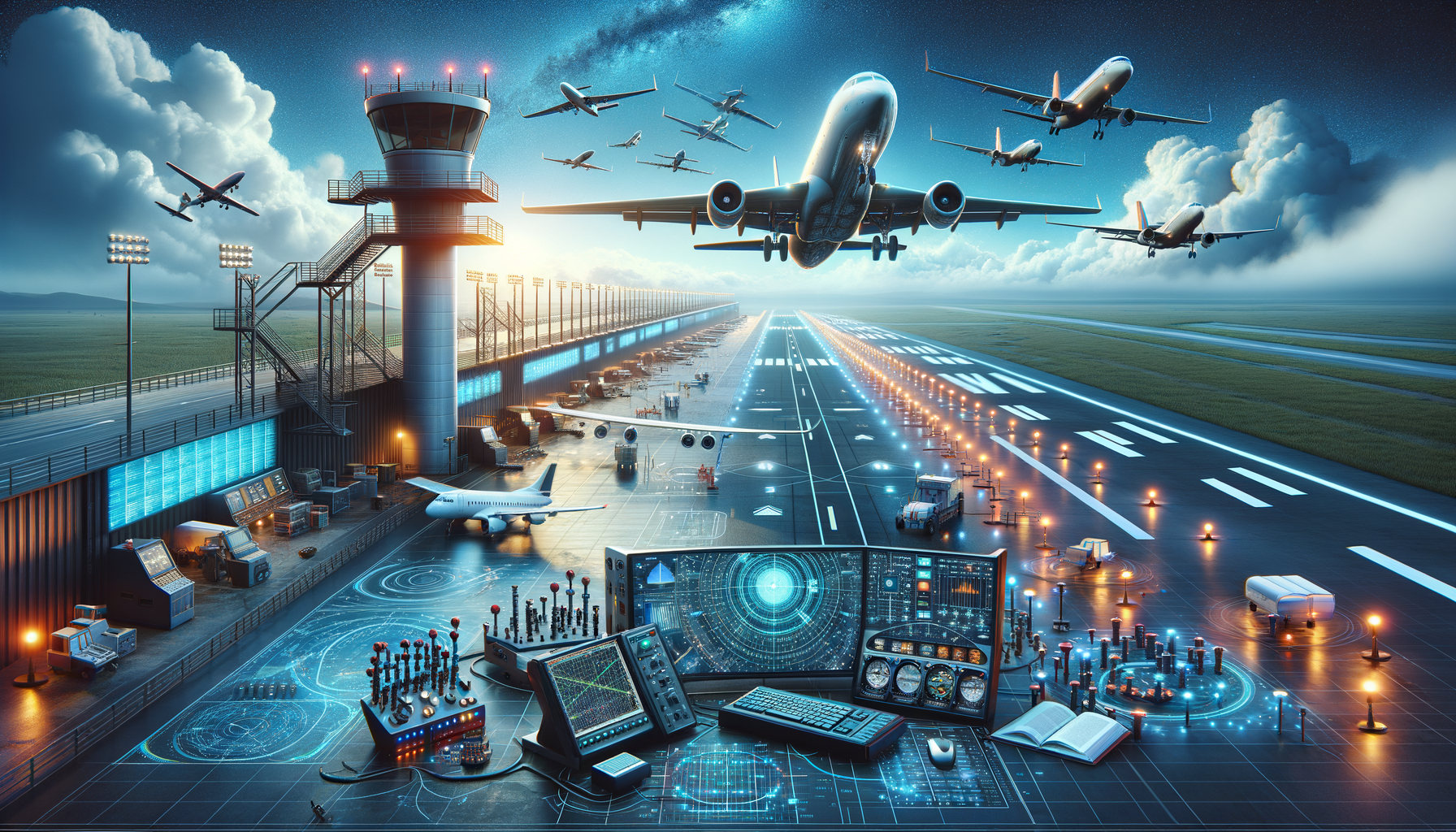
The Journey to the Skies: Understanding Aviation Training
The Foundation of Aviation Training
Aviation training serves as the cornerstone for aspiring pilots and aviation professionals. It encompasses a wide array of educational and practical experiences designed to equip individuals with the necessary skills and knowledge to operate aircraft safely and efficiently. The importance of aviation training cannot be overstated, as it directly impacts the safety and reliability of air travel. From understanding the fundamentals of aerodynamics to mastering complex navigation systems, aviation training is a comprehensive process that prepares individuals for the challenges of the aviation industry.
The training process typically begins with ground school, where students learn the theoretical aspects of flying. This includes studying meteorology, flight mechanics, and air traffic control procedures. Ground school provides a solid foundation that is essential for understanding the practical applications of flying. After completing ground school, students progress to flight training, where they gain hands-on experience in operating aircraft under the supervision of certified flight instructors.
Key components of aviation training include:
- Ground School: Covers theoretical knowledge such as aerodynamics and regulations.
- Flight Training: Practical flying experience with certified instructors.
- Simulator Training: Using flight simulators to practice emergency procedures and complex maneuvers.
- Certification: Obtaining necessary licenses and ratings to operate various types of aircraft.
Advanced Training and Specializations
As aviation professionals progress in their careers, advanced training and specialization become critical. This stage of training allows individuals to focus on specific areas of interest within aviation, such as commercial piloting, air traffic control, or aircraft maintenance. Each specialization requires additional training and certification, ensuring that professionals are well-equipped to handle their chosen roles.
For pilots, advanced training might involve obtaining an Airline Transport Pilot License (ATPL), which is necessary for those aspiring to become captains on commercial flights. This level of training involves mastering complex flight operations, understanding advanced navigation systems, and gaining extensive flying hours under various conditions.
Specializations in aviation are not limited to piloting. Many choose to pursue careers in air traffic control, which requires a deep understanding of airspace management and communication protocols. Others may focus on aircraft maintenance, where they learn to inspect, repair, and maintain aircraft to ensure safety and compliance with aviation standards.
Advanced training programs often include:
- Type Ratings: Certification to operate specific aircraft models.
- Instrument Ratings: Training for flying in various weather conditions.
- Safety Management Systems (SMS): Learning to manage and mitigate safety risks.
- Leadership and Crew Resource Management: Enhancing teamwork and decision-making skills.
The Future of Aviation Training
The aviation industry is constantly evolving, and so is the approach to aviation training. Technological advancements and changes in regulations necessitate ongoing updates to training programs to ensure they remain relevant and effective. One of the most significant trends in aviation training is the increased use of technology, such as virtual reality (VR) and artificial intelligence (AI), to enhance learning experiences.
VR is being used to create immersive training environments where students can practice emergency procedures and complex maneuvers in a safe and controlled setting. This technology allows for a more interactive and engaging learning experience, which can improve retention and understanding of critical concepts.
AI is also playing a role in personalizing training programs. By analyzing individual performance data, AI can identify areas where a student may need additional support or practice, allowing for tailored training experiences that address specific needs.
Looking ahead, aviation training will continue to adapt to meet the demands of the industry. Key areas of focus include:
- Integration of New Technologies: Utilizing VR and AI for enhanced training experiences.
- Environmental Considerations: Training on sustainable practices and eco-friendly technologies.
- Global Standardization: Harmonizing training standards across countries to ensure consistency.
- Continuous Learning: Emphasizing lifelong learning and professional development.


